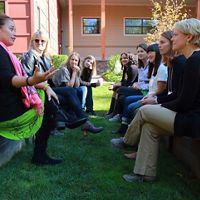
Women Leading Conservation
Meet some of the women who are driving change and making an impact in the world of conservation in Ohio.
Conservation is a field that has long been dominated by men, and while the number of women entering the field has been steadily increasing over the years, women still face a unique set of challenges. These challenges can manifest in different ways, from facing gender bias and stereotyping, to lacking role models and mentors who can help guide them through their career.
According to a UNESCO Science Report, women account for only 30% of researchers worldwide. In some regions, such as sub-Saharan Africa and the Middle East, women's participation in science is even lower due to cultural and economic barriers.
Despite these challenges, women have made significant contributions to conservation throughout history and continue to do so today. Celebrating and supporting women in science is crucial for achieving gender equality and advancing our goals of protecting the lands and waters on which all life depends.
Meet the Women Leading Conservation in Ohio
From scientists to educators to activists, women are leading the charge in protecting our planet and ensuring a sustainable future for all. Here at The Nature Conservancy, we are proud to have a diverse team of women working for our organization, each bringing their unique skills, perspectives and passions to the table. Through their efforts, we're making a meaningful impact on the environment and inspiring others to join the conservation movement.
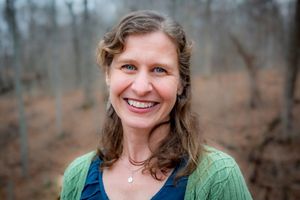
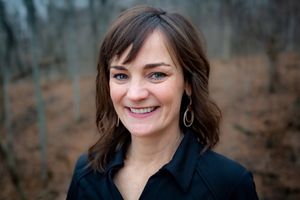
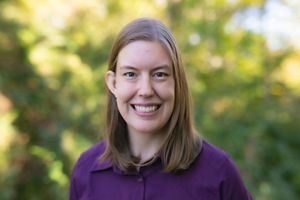
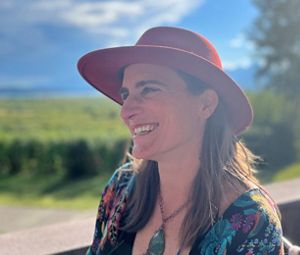
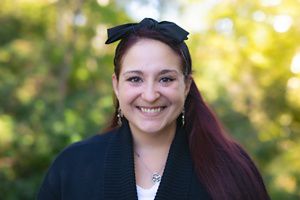
Community and Conservation Specialist
Angie Burke
Growing up near Chicago, my “nature” existed in my small urban yard and the grassy areas that surrounded picnic pavilions at local parks. Nature’s true beauty and diversity was something I thought was only real in the Amazon rainforest I saw in Scholastic magazines at the library. It wasn’t until 2013 after participating in a volunteer event collecting seed at a TNC Illinois-owned site that I realized how much natural beauty I had missed out on while growing up in “The Prairie State.” Standing on that knob as a volunteer surrounded by smiling stewards, seeds and sunshine sparked an everlasting passion in me to conserve, protect and connect communities to their local natural areas. That volunteer event jump started my career in conservation that began as a graduate field biologist researcher at that same site.
As the community and conservation specialist for TNC Ohio, the most meaningful part of my work is the opportunity to center the voices and actions of others. My work with youth has been particularly inspiring and really illuminates the opportunity we have to change our surroundings for the better. Each time I work with people in any kind of “nature” or natural area, I become newly inspired and recommitted to equity in conservation. Not everyone has the same access to nature and green space, and part of my role involves helping think through how we change that. Creating access and engaging diverse voices in our work will improve how we approach conservation across the globe.
Restoration Ecologist
Ashlee Decker
My passion for restoration was cemented at the Fernald Preserve, a former uranium processing site in Hamilton, Ohio that was cleaned up under the government program called CERCLA and turned into a nature preserve. I came on board as a restoration ecologist just as the land was being certified “clean” and ecological restoration started. Over time, what was once barren land transformed into a grand symphony of life. Tall grass prairies and wetlands came back, and with them came dickcissels, mergansers, golden eagles, cricket frogs, spotted salamanders and even bobcats. Not only did the animals return, but so did the people. Birders from all over the map, school children, running groups, university classes, birthday parties and community organizations all flocked to the land.
Some of my fondest childhood memories are playing in the woods behind my grandparents’ house and camping with my family. Yet, conservation wasn’t a career I ever considered, possibly because in the small town where I grew up outdoor careers weren’t “for women.” It wasn’t until college that I saw a woman in science leadership role, Dr. Ann Gunkel, the program director at Cincinnati State. Her success, leadership, intelligence and respect for those around her was an inspiration and changed the course of my career. For the first time, I saw a woman leading in science and engineering and could envision this for myself. She served as my mentor and fostered the confidence I needed to pursue a science degree and to take on the challenges of the world in which we live.
Associate Mitigation Program Manager
Kat Crowley
I grew up in Michigan and very quickly fell in love with nature. I studied fisheries and wildlife at Michigan State University and held a wide variety of internships and technician positions, from zooplankton lab research to aquatic biology fieldwork to freshwater policy. While I was in graduate school at Plymouth State University, I became very passionate about freshwater restoration, particularly removing barriers to aquatic organism passage, like dams and undersized culverts. My uncle is a member of the Michigan chapter of TNC, and all throughout college, I aspired to work at TNC. I applied for many, many TNC jobs across the country, but one job stood out in particular: a role working with TNC’s Ohio Mitigation Program (OMP), restoring streams and wetlands across the state of Ohio. In preparation for the interview, I channeled my inner Leslie Knope (from the TV show Parks and Rec) and pulled together a binder on the OMP and any materials I could find on mitigation in Ohio. I was absolutely thrilled to be hired for the position, and working at TNC has been everything I hoped it would be.
My favorite project to date is the Brinkhaven Dam Removal project in Knox County. The OMP funded the removal of a low head dam on the Mohican River, which is a state-designated scenic river. The dam had blocked aquatic organism passage and created a safety hazard for paddlers for more than a century and was no longer serving its original purpose as a mill dam. We had so many wonderful partners who supported the project, especially ODNR Division of Wildlife, Knox County Park District and ODNR Scenic Rivers. In summer 2024, we’ll be installing a dozen huts to supplement habitat for the eastern hellbender, a state-endangered large amphibian found living not far downstream of the former dam.
Agriculture Outreach Specialist
Stephanie Singer
I joined the team at The Nature Conservancy to share my passion for nature and sustainable agriculture. My focus is promoting practices to build soil health and manage water to increase farm profit, decrease nutrients leaving the fields and increase carbon storage. I’m currently developing the Farmer Advocate for Conservation program to create and support farmer-to-farmer peer groups. I’ve spent the past 20 years working with Soil and Water Conservation Districts on watershed planning, project implementation and environmental education. My education includes a Bachelor of Science in environmental education, communication and interpretation from the Ohio State University, a Master of Education in secondary science from Bloomsburg University and a Registered Yoga Teacher Certification. I live next to Mud Creek on a restored native prairie wetland with my three children and my husband, Scott, who farms with his parents and sister. My superpower is empathy, which I try to harness to understand different perspectives and create effective partnerships in my work.
Northeast Ohio Restoration Manager
Ann Gilmore
After finishing a B.S. in natural resources from Ohio State, I worked a series of seasonal positions in the western U.S. studying avian ecology. I was eager to study birds in graduate school but ended up finding a great opportunity at Murray State University in Kentucky looking at the effects of herbicides on aquatic invertebrates. After completing my M.S. in watershed science, I returned to Ohio to be closer to family. I then worked in environmental consulting, where I worked on stream and wetland permitting and managed stream and wetland restoration projects. While I was a consultant, it became clear to me that I was most passionate about conservation and was looking to re-align my career. I have always regarded TNC highly, so I was very excited to accept the position as the Northeast Ohio restoration manager.
I’m passionate about ecological restoration as I see the boundless opportunities for us to reverse human impacts to nature and set ecosystems on a trajectory to recovery. I enjoy that every project offers a new challenge, and there is always something to learn. I’m proud that Ohio is investing in natural infrastructure, particularly wetland restoration projects—I love wetlands, and it’s been an honor to manage projects funded by ODNR’s H2Ohio program. One of my first projects in western Ohio was particularly rewarding because our restored wetlands filled with water almost immediately, and the wildlife quickly moved in. There were always interesting waterfowl and shorebirds using the former agricultural fields.
Conservation Conversations: Why Equity Matters
We asked each woman about the importance of equity in conservation and what advice they'd give to folks—particularly women and girls—interested in joining or just starting out in conservation. Here's what they said.
In what ways do you think diverse backgrounds, including gender diversity, bring unique perspectives to conservation projects?
Angie: It’s important to bring as much of yourself as you can into every space you have influence in, especially conservation. Having a diversity of people at the table allows us to see gaps in our work. We can better stand up for what is right and correct things that might be wrong. Everyone has an important role to play in what conservation work looks like and the impact we can have in this space.
Ashlee: Any biologist will tell you that diversity is the key to sustainability. I believe that this is true in ecosystems and human communities alike. Our lived experiences inform how we look at any scenario, what questions we ask, what our vision of success looks like, how a project will function for people like yourself. How can we possibly make conservation work for everyone, when not everyone is in the room to share their needs, desires, visions?
Kat: Everyone sees the world a little differently, and by leveraging those differences and thinking about conservation from an intersectional lens, we can find more creative solutions for the many conservation challenges we’re facing.
Stephanie: Having many different viewpoints makes any project stronger. Hearing and accepting ideas that are different from your own can be hard at first, but it will lead to personal growth and growth for your community.
Ann: I believe everyone has a perspective to offer, and so diversity is key to solving the great crises we face. Across the globe, women are disproportionately impacted by climate-change-related disasters, so it’s imperative that women are part of the solution. We’re in an “all hands on deck” situation if we plan to have an Earth to sustain the human race, so there is really no time to be exclusionary.
What more can we do to create an inclusive environment for women in conservation?
Angie: Being your authentic self helps others see how unique characteristics of our personalities can be valuable to conservation for people and nature. I embrace my silliness, let my curious nature and genuine enthusiasm for exploring new spaces shine when I am in the field. This can help others see themselves doing similar work that encourages differences and leverages our uniqueness.
Ashlee: We need to encourage girls to take interest in science and the outdoors from an early age, but young boys and men also need to see women in leadership roles so that it’s normalized and expected.
Kat: While we’ve come a long way, there is still more work to be done, particularly in regard to creating a more inclusive environment for BIPOC women. It’s so important to have women leaders in conservation, who can mentor younger women and use their influence to push back against the biases against women that are unfortunately still present in the field of conservation.
Stephanie: Here at The Nature Conservancy, I feel like there is a culture of inclusion and diversity. I have noticed a positive change for gender equity in conservation in the past 20 years, but there is still room to grow, especially in more traditional spaces.
Ann: In general, conservation is a very “privileged” field. As a society, we need to place a greater value on conservation work and those working to protect nature. Wages in this field are generally on the low side, specifically for early career professionals, and it makes it difficult to stick with a career in natural resources when you could have a more financially secure job that doesn’t bring with it the mental burden of climate change and the biodiversity crisis. We need to work to reduce those barriers to access for conservation careers for all.
What would you tell girls and young women hoping to pursue a career in science or conservation?
Angie: Do what you want, and don’t let anything hold you back, especially that inner voice that doubts your ability. Don’t be afraid to take a chance. The small amount of time it takes to muster up the courage to take that first step into conservation cannot compare to the years of happiness in a career focused on conservation.
Ashlee: It is your birthright to steward the land and connect to it. Be a part of this transformation!
Kat: Keep pursuing whatever you find interesting, even if your peers think it’s weird. Although you might not find people who share your interests in high school or even college, there’s a very large community of people like you who are passionate about conservation, and it’s incredibly fulfilling to be able to make the world a better place alongside such wonderful people.
Stephanie: Conservation is a great career path. I feel so connected to the natural world, and my desire to protect and restore ecosystems is strong. If you feel the same way, your career will not feel like work. When thinking about a career, it is important to do something that feels like your “life purpose,” and it’s okay to spend your whole life finding purpose and exploring new possibilities.
Ann: Trust your gut, know your worth and lead with your heart. If you’re looking for a job and you don’t have experience, get creative—take a field class, go hiking and teach yourself local flora and fauna, volunteer or show up for events and workshops. Networking is key, so put yourself out there!
Explore More
See more incredible work from women working in conservation across The Nature Conservancy.
-
Women in Climate
As part of TNC’s comprehensive climate strategy, Women in Climate is uniting women from all backgrounds to solve the climate crisis. Learn More about Women in Climate.
-

Conservation Trailblazers
Meet six women who are changing how conservation is done at TNC, from conference rooms to local communities. Learn More.
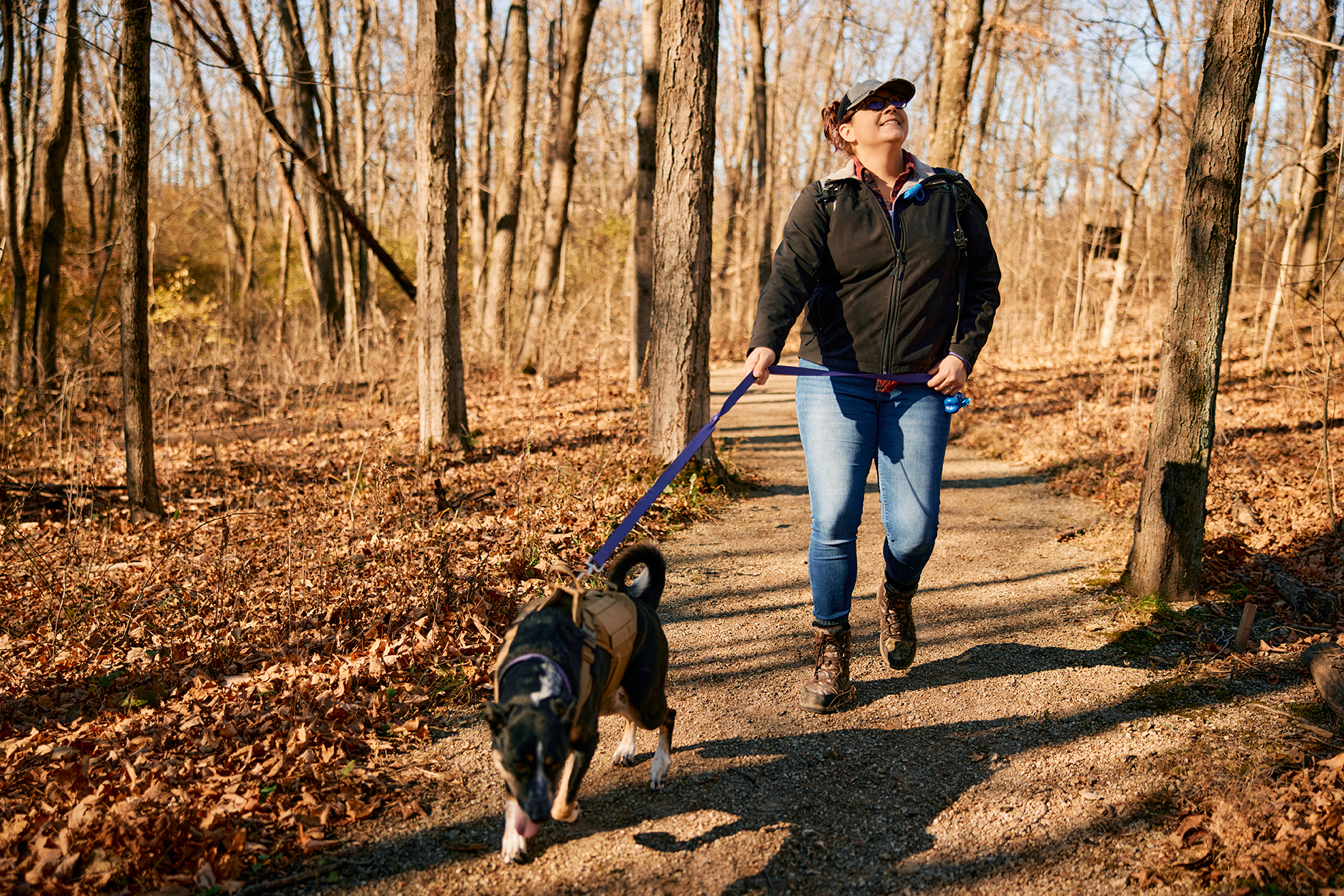
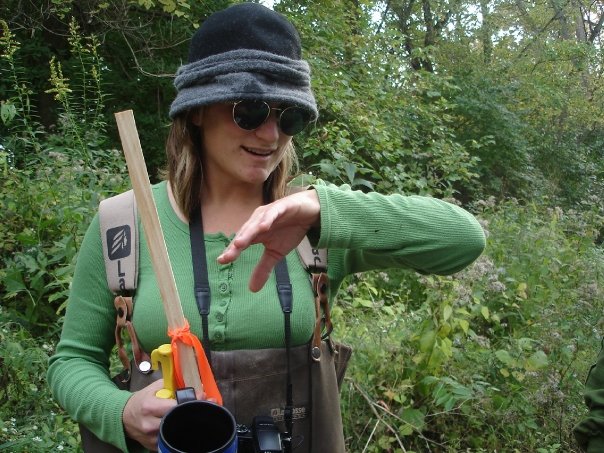
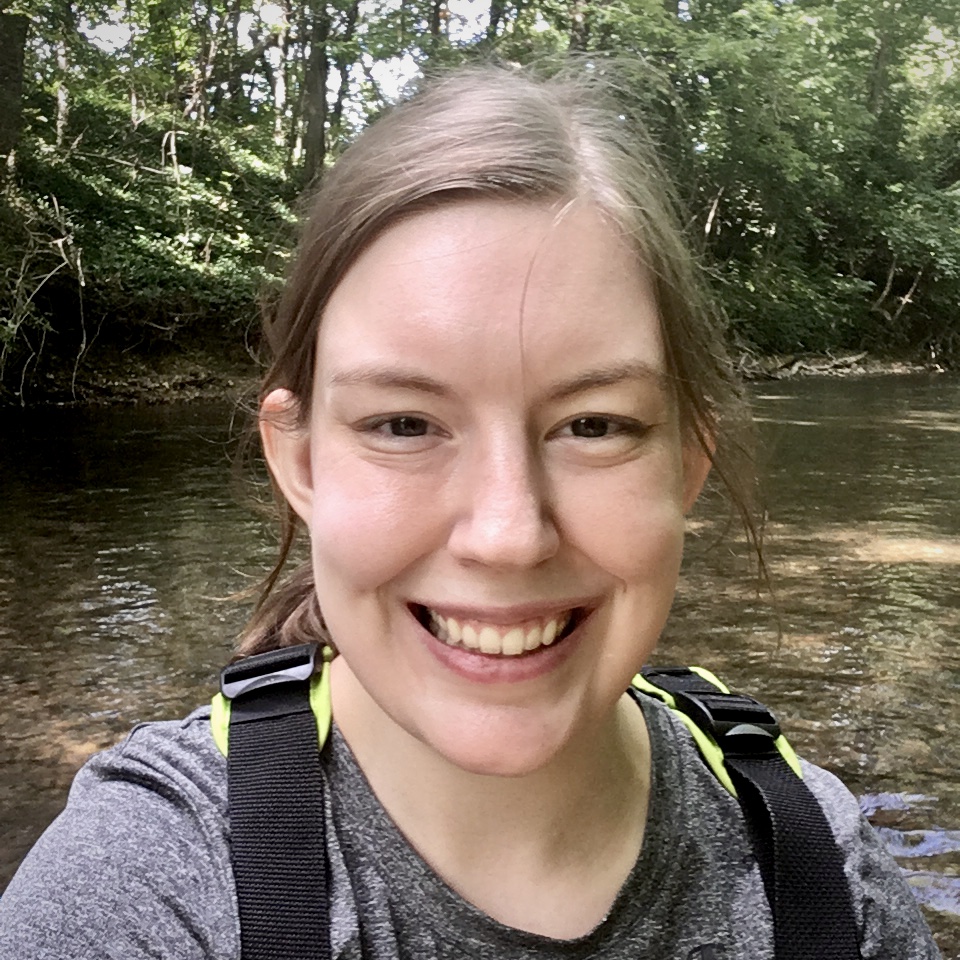
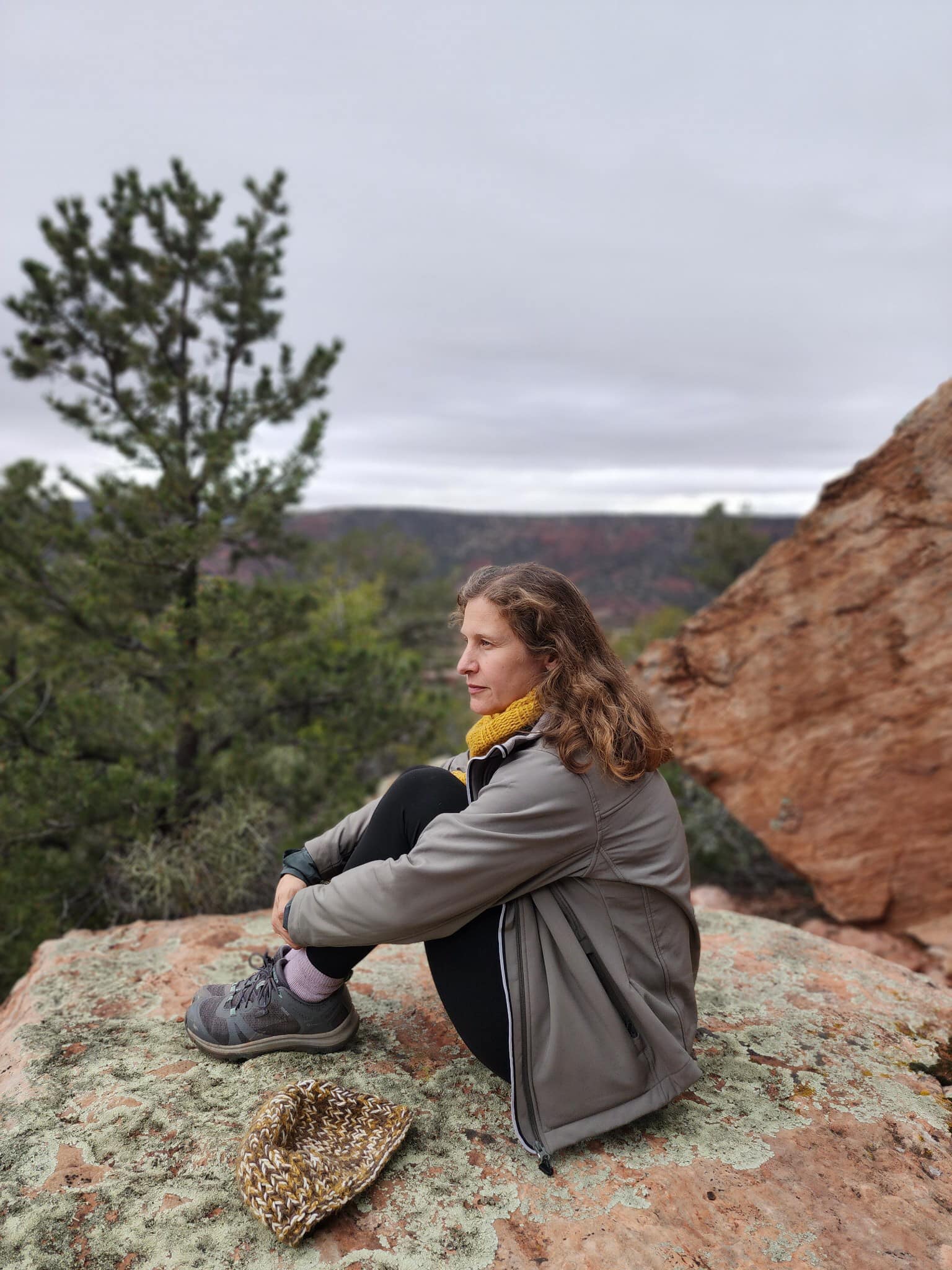
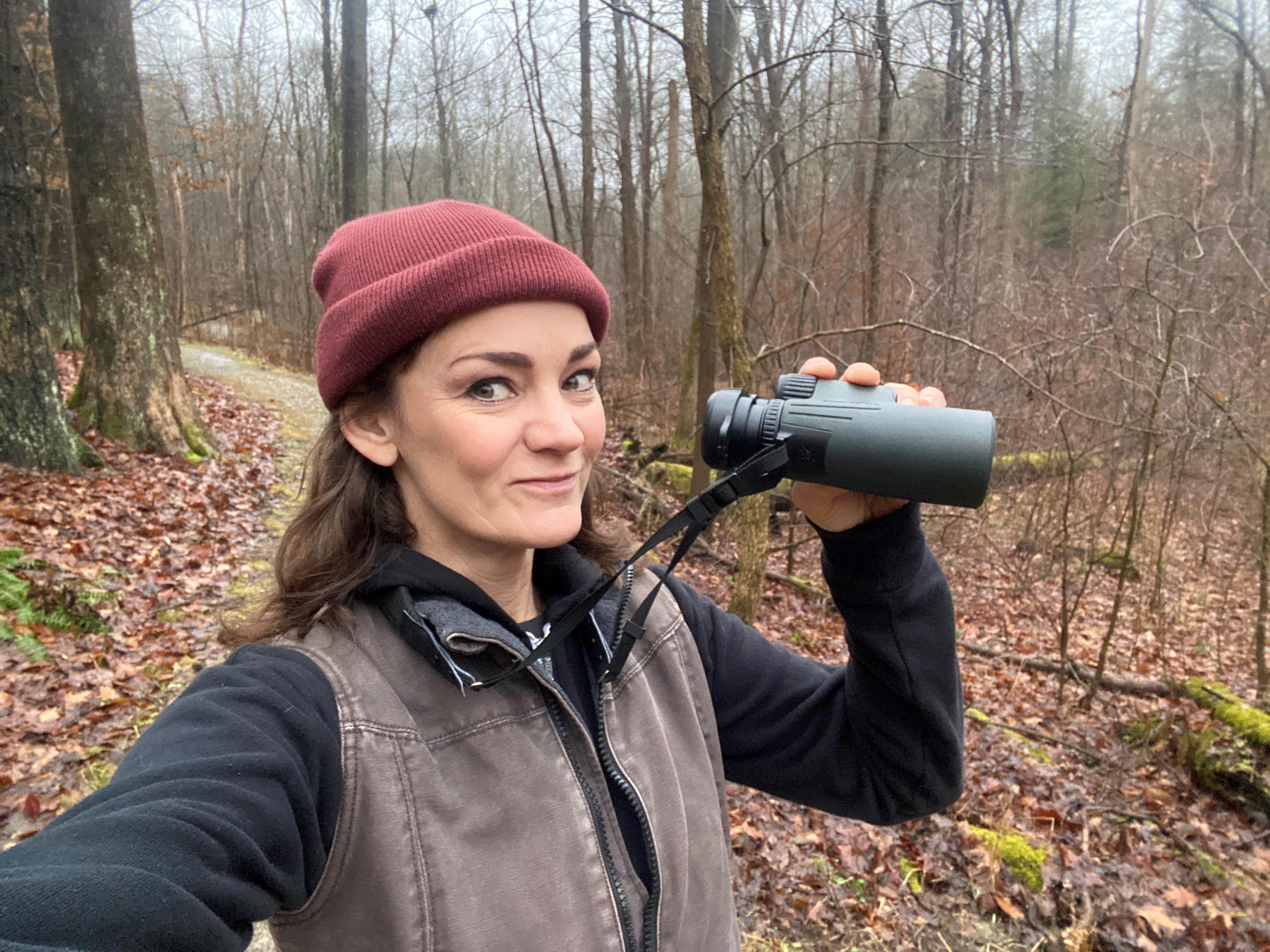
.JPG?wid=629)
